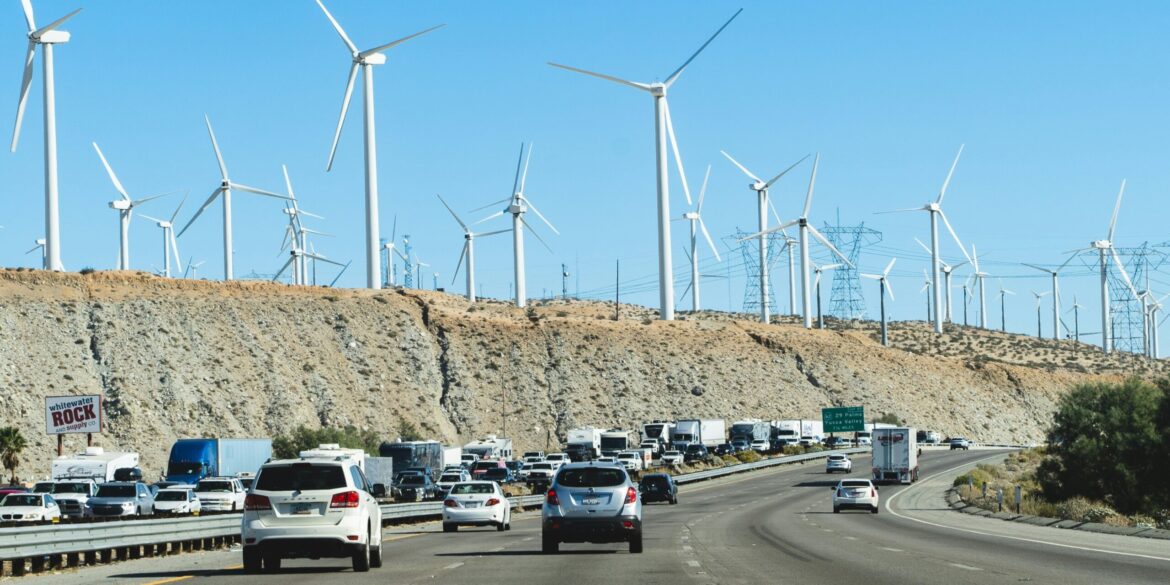As of September 3, 2025, the United States is navigating a critical shift in its energy landscape, shaped by recent policy changes introduced under the Trump administration. These policy adjustments are transforming the nation’s energy infrastructure, influencing economic growth, and affecting the country’s competitiveness on the global stage. The current direction emphasizes fossil fuels and nuclear energy while slowing the progress of renewable energy development, with both immediate and long-term consequences for the economy.
One of the most prominent features of the energy shift is the growing reliance on fossil fuels and nuclear power to meet the rising electricity demand driven by sectors such as artificial intelligence and expanding data centers. In response to these demands, U.S. power developers have significantly increased investments in natural gas and hydropower generation. In fact, natural gas capacity under development has more than doubled in the past year, reaching over 114,000 megawatts (MW), making it the largest source among power projects currently underway. Hydropower and nuclear power are also seeing substantial investments, with developers adding a combined total of 36,000 MW of hydropower and nearly 8,000 MW of nuclear power to the grid. These energy sources are seen as crucial in meeting the surging electricity demands, as they are dispatchable, meaning they can be produced on demand and are crucial for grid reliability, particularly in a rapidly changing policy environment.
While these investments in fossil fuels and nuclear power are poised to offer short-term solutions to energy demands, the clean power sector in the U.S. is experiencing a slowdown. According to data from the American Clean Power Association, U.S. clean energy installations—including wind, utility-scale solar, and battery storage—have shown minimal growth in the second quarter of 2025. Furthermore, future development in the renewable energy sector is stalling due to policy uncertainty and regulatory shifts under the current administration. Unclear and shifting regulatory demands are discouraging investment, which is weakening the outlook for upcoming projects. As a result, many renewable energy developers are hesitant to proceed with long-term projects due to fears of unfavorable policy changes, which could delay the country’s transition to cleaner energy sources.
The economic implications of these energy policy shifts are complex and multifaceted. On one hand, the increased investments in natural gas and hydropower will likely provide a short-term solution to rising electricity demand, creating jobs and supporting industries that rely on consistent energy availability. However, the slowdown in renewable energy investments could hinder long-term economic growth and environmental sustainability. As the world increasingly turns toward cleaner energy sources, the U.S. risks falling behind in the global clean energy race, particularly if renewable energy technologies become the standard in other parts of the world. Moreover, the continued reliance on fossil fuels is contributing to higher electricity costs for consumers, especially in regions heavily reliant on natural gas and coal for power generation. These rising costs may limit the purchasing power of U.S. consumers and slow down other sectors of the economy.
The shift toward fossil fuels and nuclear energy also has significant implications for the United States’ position in the global market. While the focus on increasing energy independence through fossil fuels and nuclear power may help reduce reliance on foreign energy sources, it could also diminish the country’s global leadership in renewable energy innovation. As countries around the world ramp up investments in clean energy technologies, the U.S. risks losing its competitive edge in the rapidly growing global clean energy market. This decline in renewable energy innovation could allow other nations, particularly those in Europe and Asia, to take the lead in renewable energy adoption and development, potentially weakening the U.S.’s position as a global economic and energy powerhouse.
In conclusion, the evolving energy policies under the Trump administration are having a profound impact on the U.S. economy. While the emphasis on fossil fuels and nuclear energy addresses immediate energy needs and provides short-term solutions, the slowdown in renewable energy investments raises concerns about long-term economic and environmental sustainability. The United States must find a way to balance short-term energy requirements with long-term growth and innovation goals. A more balanced approach to energy policy—one that supports both fossil fuel development and the transition to renewable energy—will be essential for maintaining the country’s economic prosperity and global competitiveness in the coming years. Moving forward, it will be critical for policymakers to navigate these challenges carefully to ensure that the U.S. remains at the forefront of both energy innovation and economic growth.

